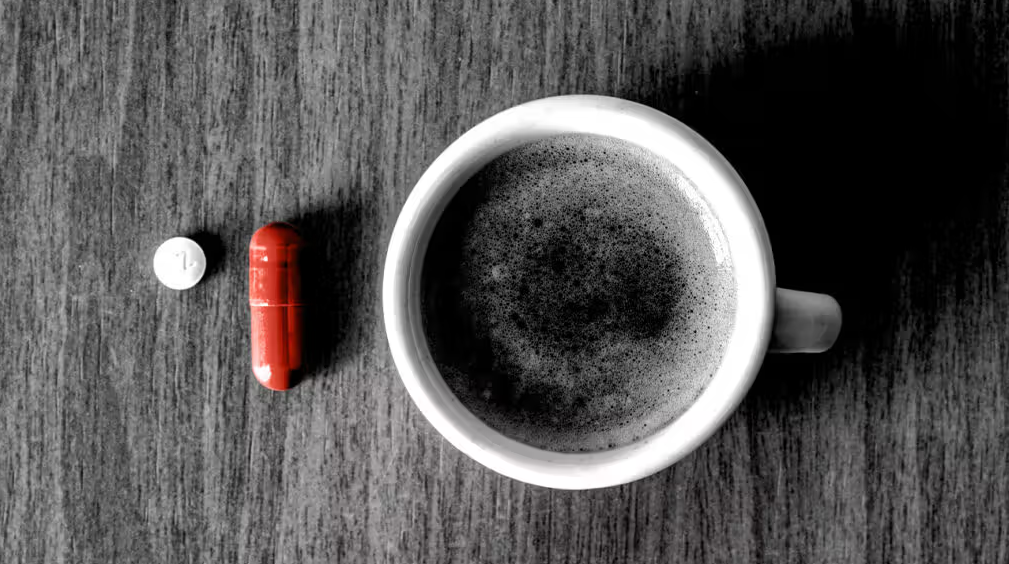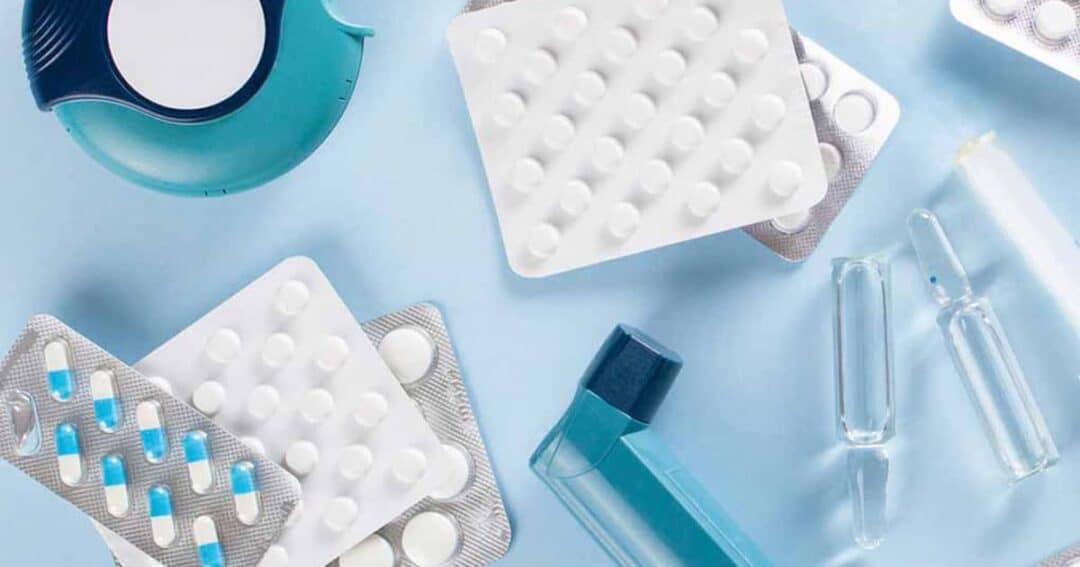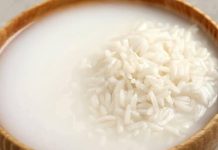Coffee is a beloved beverage for many, providing a much-needed energy boost to start the day. However, it’s important to be aware that coffee, particularly its caffeine content, can interact with various medications, potentially affecting their efficacy or leading to adverse effects. Below, we explore some common medications that may interact with coffee and offer guidance on how to manage these interactions.
1. Thyroid Medications
Thyroid medications, such as levothyroxine, are commonly prescribed for hypothyroidism. Consuming coffee shortly after taking these medications can significantly reduce their absorption, potentially by up to 55%. This reduction can lead to suboptimal treatment outcomes. To ensure maximum absorption, it’s recommended to wait at least 30 to 60 minutes after taking thyroid medication before drinking coffee.

2. Osteoporosis Medications
Bisphosphonates, including alendronate and risedronate, are used to treat osteoporosis. These medications require proper absorption to be effective. Drinking coffee or other beverages besides plain water around the time of taking these medications can interfere with their absorption. It’s advisable to take osteoporosis medications with a full glass of water and avoid consuming coffee for at least 30 minutes afterward.
3. Antidepressants and Antipsychotics
Caffeine can influence the metabolism of certain antidepressants and antipsychotic medications. For instance, caffeine may alter the levels of medications like clozapine and lithium, potentially leading to increased side effects or reduced therapeutic effects. Patients taking these medications should consult their healthcare providers about their caffeine intake to ensure optimal treatment outcomes.
4. Blood Pressure Medications
Caffeine can temporarily raise blood pressure, which may counteract the effects of antihypertensive medications. Individuals taking blood pressure medications should monitor their blood pressure regularly and discuss caffeine consumption with their healthcare providers to manage any potential interactions.
5. Diabetes Medications
Coffee, especially when consumed with sugar or milk, can affect blood sugar levels. Caffeine may also impair insulin sensitivity, potentially impacting the effectiveness of diabetes medications. Patients with diabetes should monitor their blood glucose levels closely and consult their healthcare providers about appropriate caffeine consumption.
6. Cold and Allergy Medications
Many over-the-counter cold and allergy medications contain stimulants. Combining these with caffeine can enhance stimulant effects, leading to increased heart rate, nervousness, or insomnia. It’s advisable to limit caffeine intake when taking such medications to avoid exacerbating these side effects.
7. Asthma Medications
Certain asthma medications, like theophylline, have stimulant properties similar to caffeine. Consuming caffeine while on these medications can intensify side effects such as jitteriness or rapid heartbeat. Patients should be cautious with caffeine intake and consult their healthcare providers for personalized advice.

8. Alzheimer’s Medications
Medications used to manage Alzheimer’s disease, such as donepezil, may have their effectiveness influenced by caffeine. Caffeine can affect the blood-brain barrier, potentially altering the delivery of these medications to the brain. Patients should discuss caffeine consumption with their healthcare providers to ensure optimal treatment efficacy.
9. Antibiotics
Some antibiotics, particularly fluoroquinolones like ciprofloxacin, can interact with caffeine, leading to increased caffeine levels in the bloodstream. This interaction may result in heightened side effects such as restlessness or insomnia. It’s recommended to monitor caffeine intake when on these antibiotics.
10. Anticoagulants
Caffeine may influence the effectiveness of blood-thinning medications like warfarin. While the exact interaction varies among individuals, it’s essential for patients on anticoagulants to maintain consistent caffeine consumption and regularly monitor their blood coagulation levels.
Conclusion
While coffee offers numerous benefits and is a staple in many people’s routines, it’s crucial to be aware of its potential interactions with various medications. These interactions can alter the effectiveness of treatments or lead to unwanted side effects. Patients should consult their healthcare providers to discuss their caffeine consumption and ensure it aligns safely with their medication regimens. By staying informed and proactive, individuals can enjoy their coffee while maintaining optimal health outcomes.

















